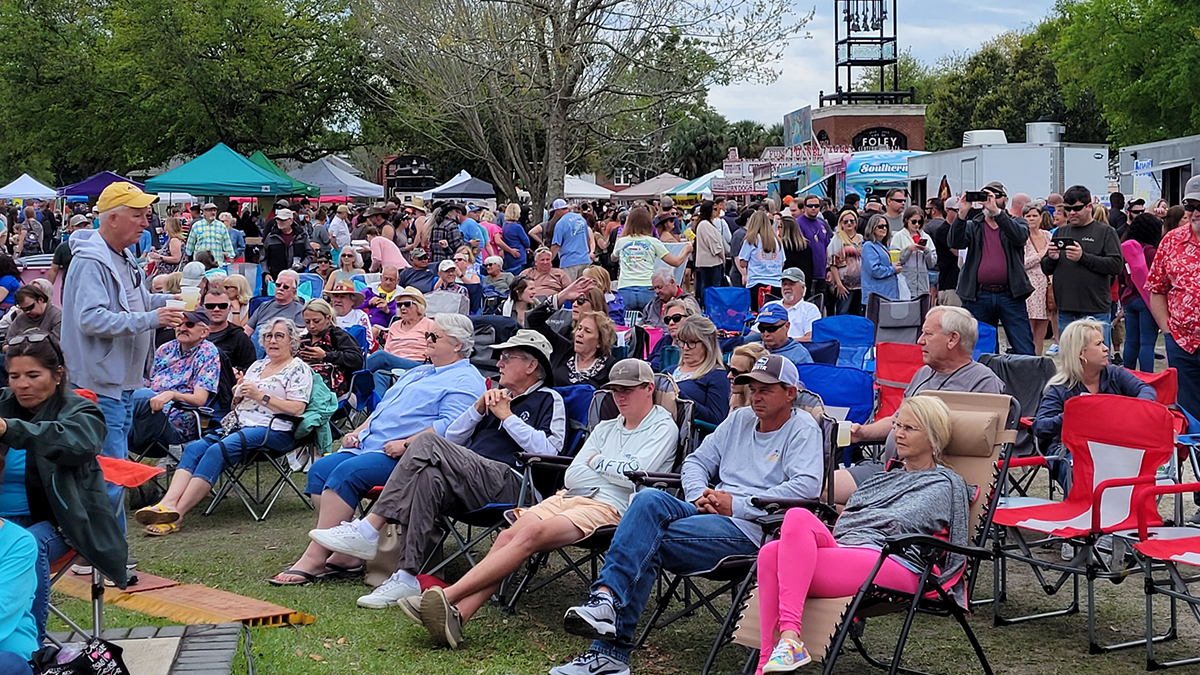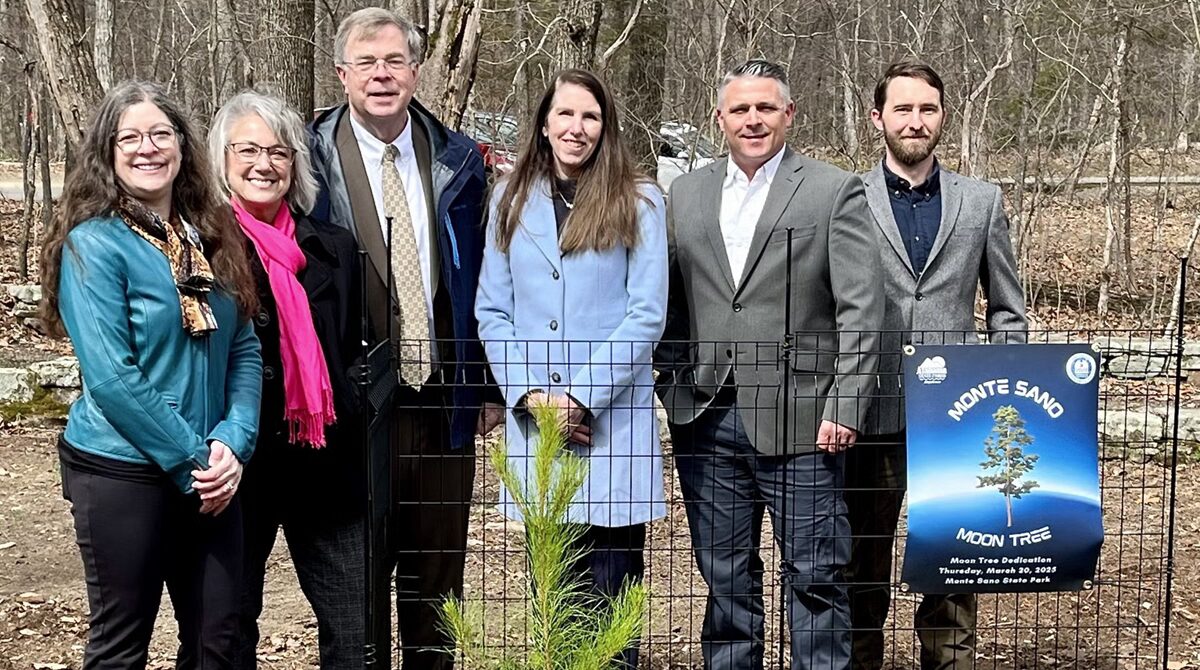July 6, 1846
Artist and poet Maria Howard Weeden was born in Huntsville. Weeden gained international recognition for her portraits of underrepresented former slaves. She preferred to use watercolors and brushes with only three hairs to capture the delicate details. Later, Weeden began writing poetry in regional black dialect based on the stories of the freed people she depicted, including the notable poems “Beaten Biscuit” and “Mother and Mammy.” She eventually published four well-received books of poetry with accompanying illustrations. Weeden was inducted into the Alabama Women’s Hall of Fame and her legacy is preserved in the Weeden House Museum in Huntsville.
Read more at Encyclopedia of Alabama.

Howard Weeden House, Huntsville. Photograph was taken during the Historic American Buildings Survey, March 17, 1934. (Photographer W.N. Manning, Library of Congress Prints and Photographs Division)

Huntsville native Maria Howard Weeden was an artist and poet best known for her watercolor paintings of formerly enslaved African-Americans during the late 19th century. (From Encyclopedia of Alabama, Courtesy of Burritt on the Mountain, Huntsville)

A watercolor painting of a formerly enslaved man titled Saturday Afternoon Dress, by artist and poet Maria Howard Weeden, whose work aimed to counter the caricatured way in which freed people were portrayed in her time. (From Encyclopedia of Alabama, Courtesy of Burritt on the Mountain, Huntsville)

Aunt Judy is a watercolor painting by Alabama artist and poet Maria Howard Weeden to accompany her poem “Aunt Judy and the Painter,” published in Shadows on the Wall in 1898. (From Encyclopedia of Alabama, Courtesy of Burritt on the Mountain, Huntsville)










